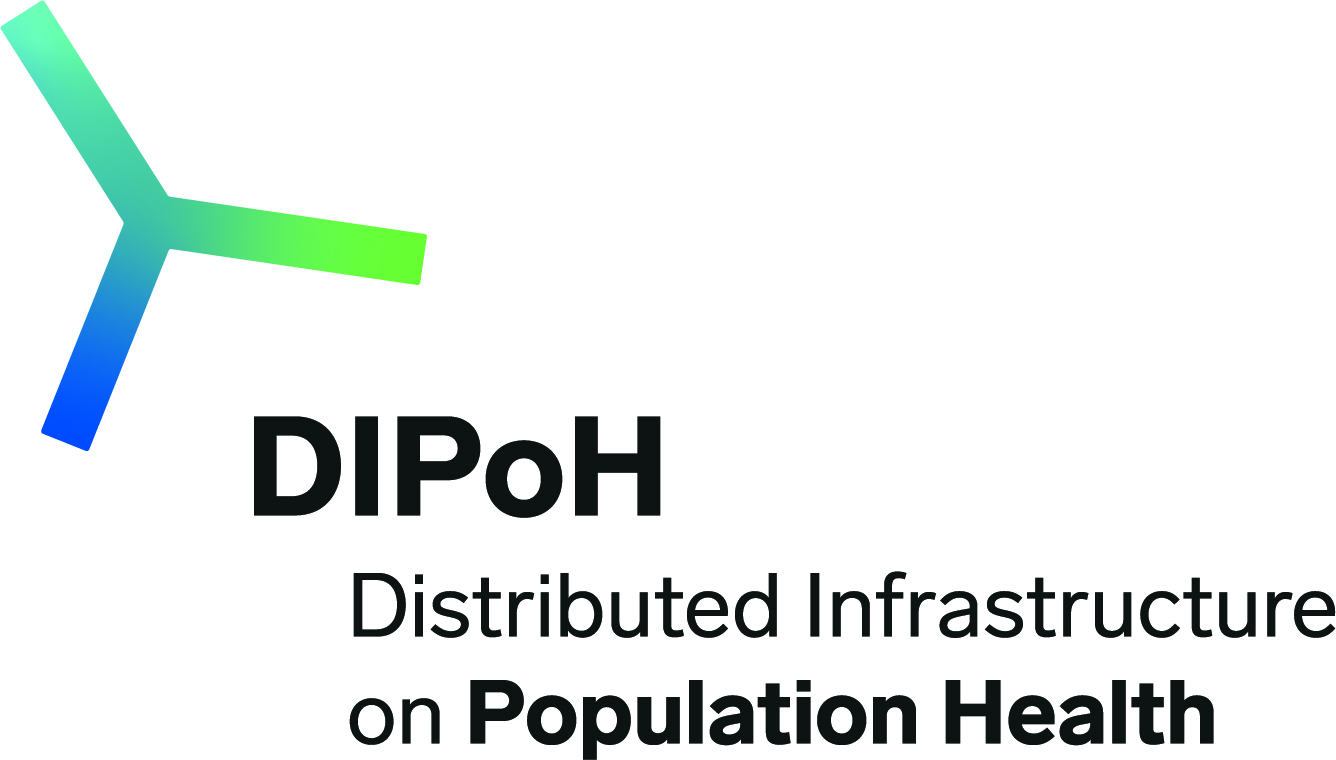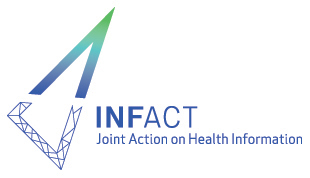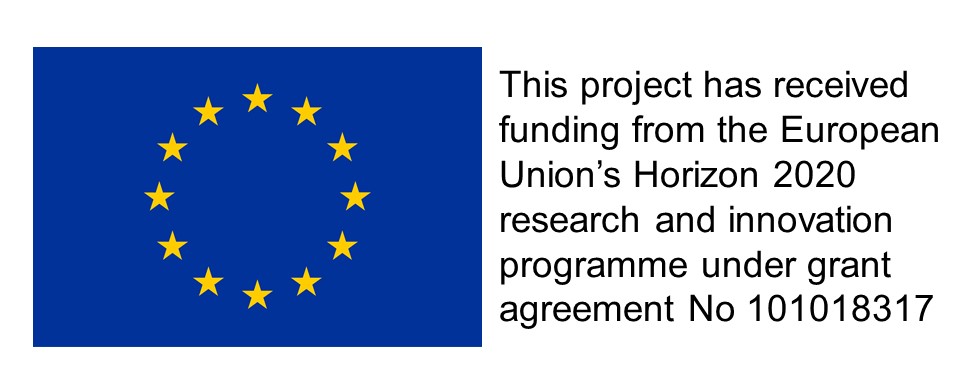Description
Background: Coronavirus disease (COVID-19) is a global public health agenda with high level of pandemicity. There is no effective treatment, but prevention strategies can alter the pandemic. However, the effectiveness of existing preventive measures and strategies is inconclusive. Therefore, this study aimed to review evidence related to COVID-19 prevention achieved through social distancing, stay at home, travel ban and lockdown in order to determine best practices. Methods/design: This review has been conducted in accordance with the PRISMA and Cochrane guideline. A systematic literature search of articles archived from major medical databases (MEDLINE, SCOPUS, CINAHL, PsycINFO, and Web of Science) and Google scholar was done. Observational and modeling researches published to date with information on COVID-19 prevention like social distancing, stay at home, travel ban and lockdown were included. The articles were screened by two experts. Risk of bias of included studies was assessed through ROBINS-I tool and the certainty of evidence was graded using the GRADE approach for the main outcomes. The findings were presented by narration and in tabular form. Results: A total of 25 studies was included in the review. The studies consistently reported the benefit of social distancing, stay at home, travel restriction and lockdown measures. Mandatory social distancing reduced the daily growth rate by 9.1%, contacts by 7–9 folds, median number of infections by 92% and epidemic resolved in day 90. Travel restriction and lockdown averted 70.5% of exported cases in china and doubling time was increased from 2 to 4 days. It reduced contacts by 80% and decreased the initial R0, and the number of infected individuals decreased by 91.14%. Stay at home was associated with a 48.6 and 59.8% reduction in weekly morbidity and fatality. Obligatory, long term and early initiated programs were more effective. Conclusion: Social distancing, stay at home, travel restriction and lockdown are effective to COVID-19 prevention. The strategies need to be obligatory, initiated early, implemented in large scale, and for a longer period of time. Combinations of the programs are more effective. However, the income of individuals should be guaranteed and supported.
Publication
Contact info
School of Public Health, College of Medicine and Health Sciences, Arba Minch University, Arba Minch, City, Ethiopia





